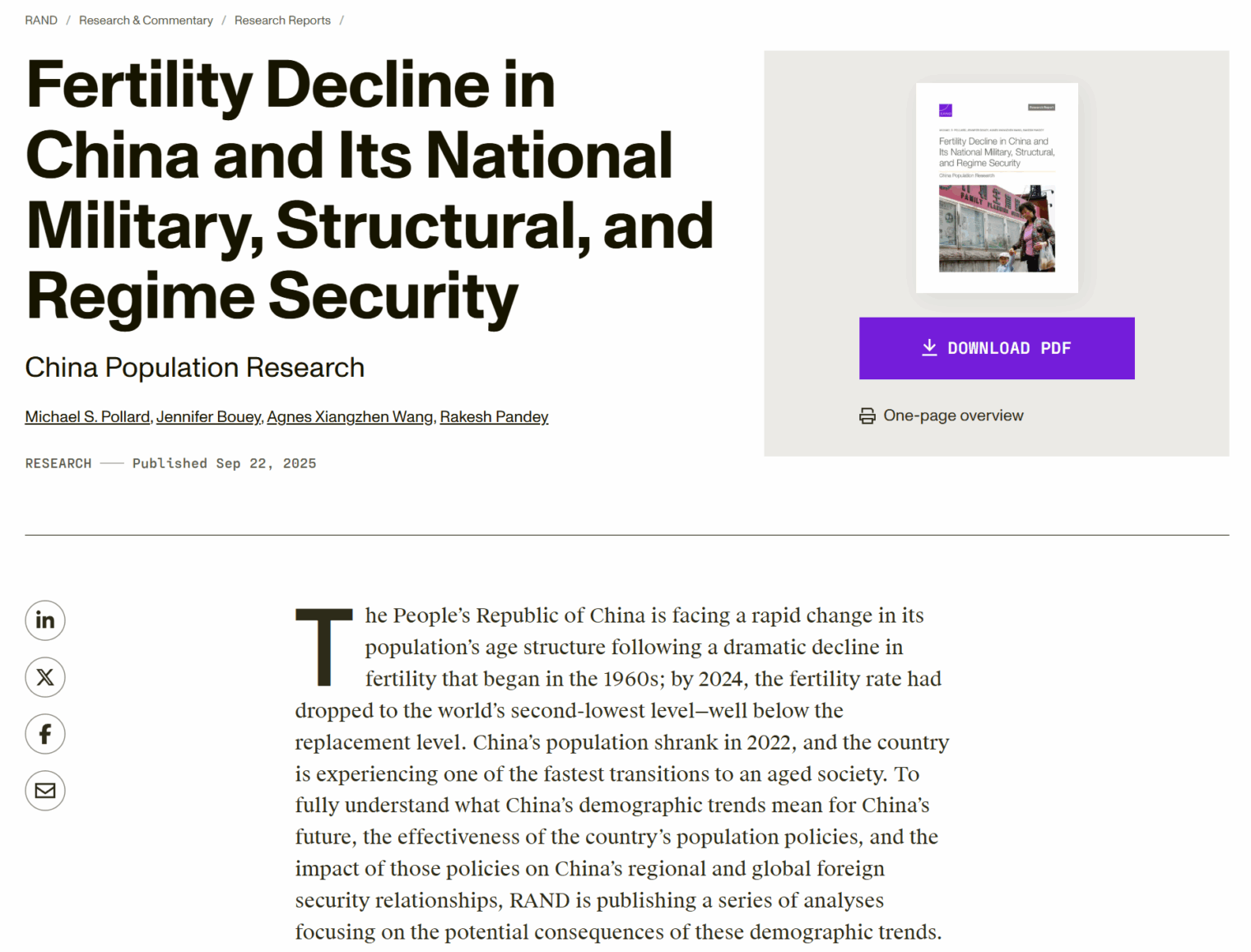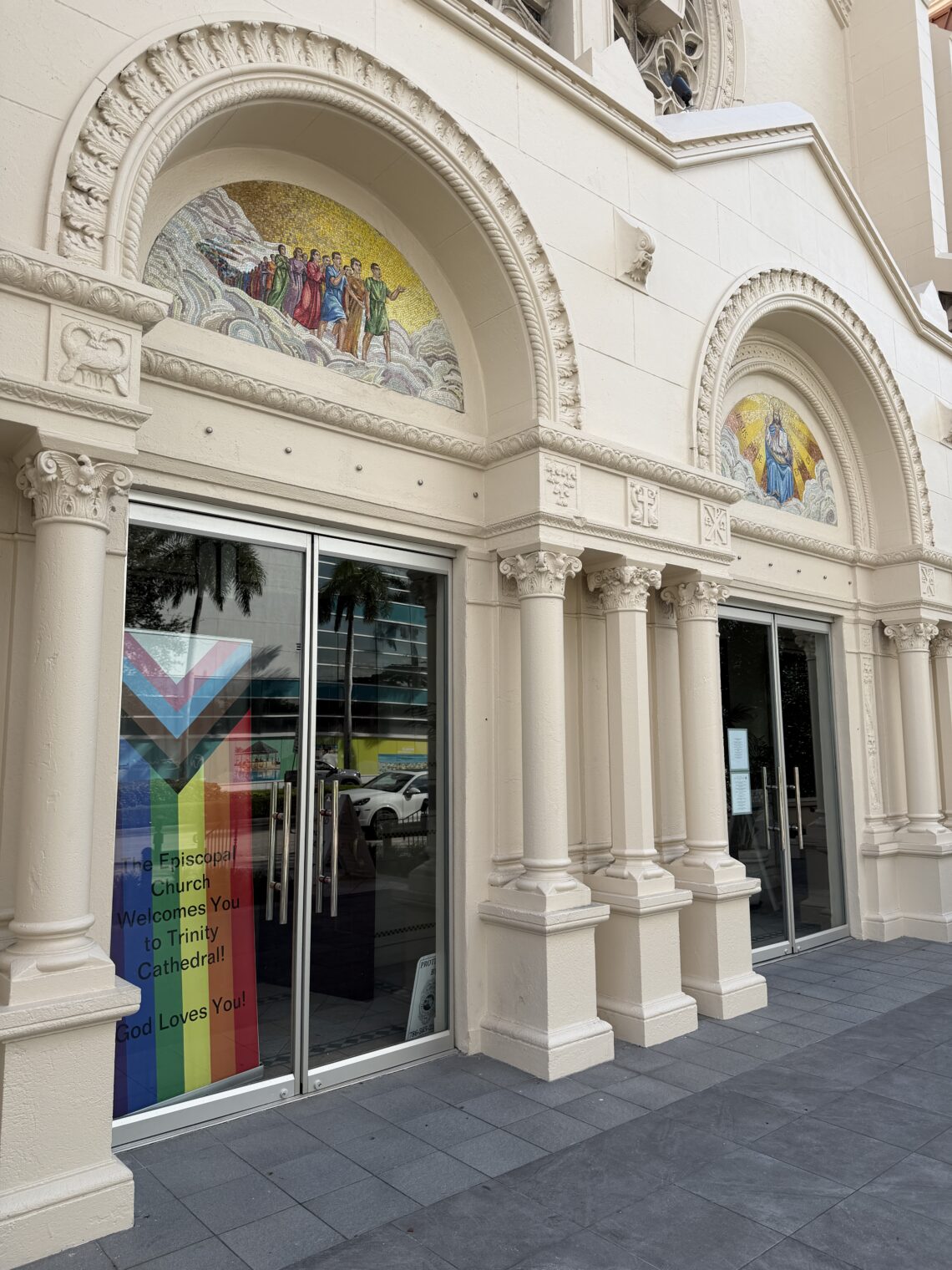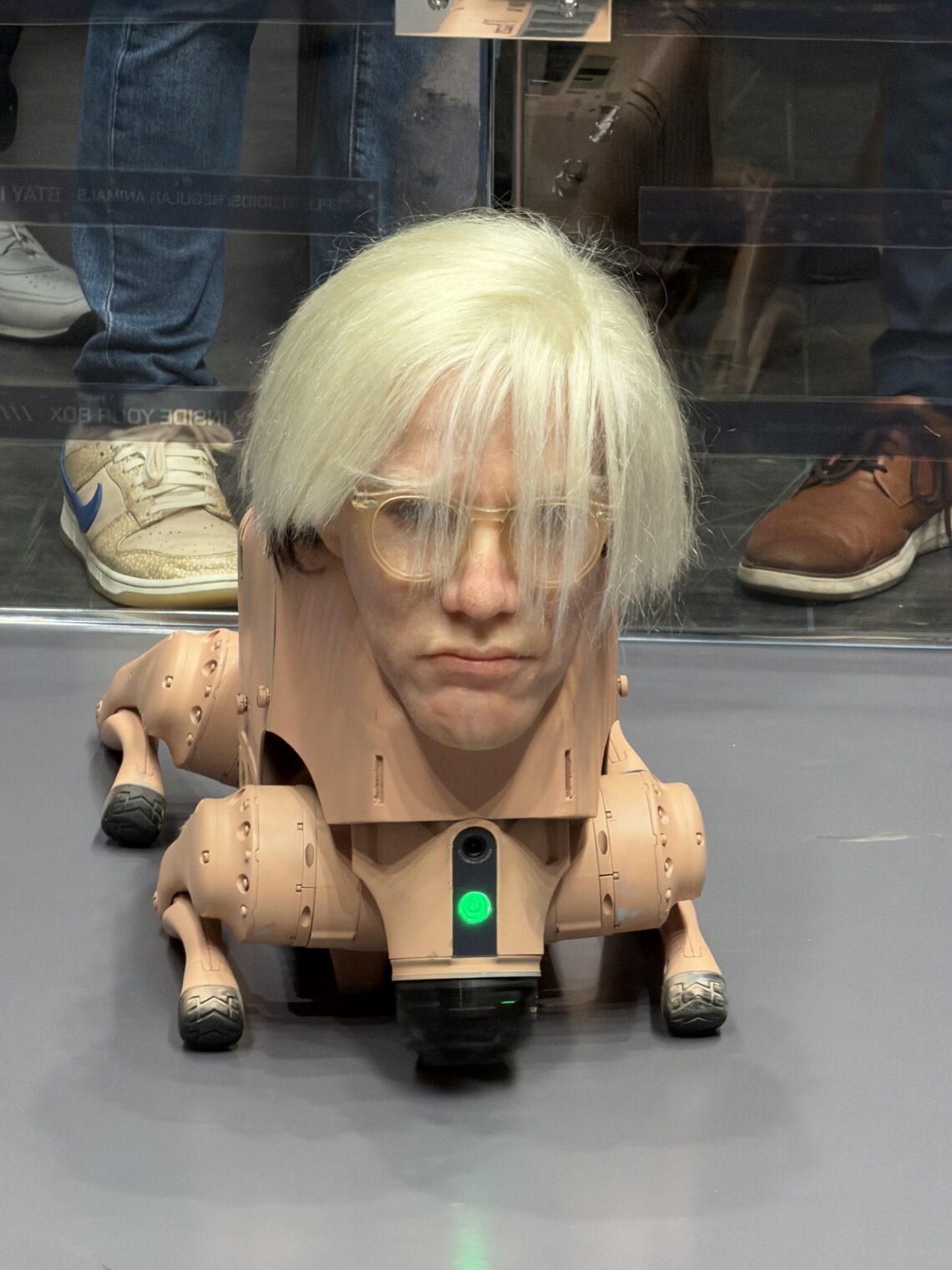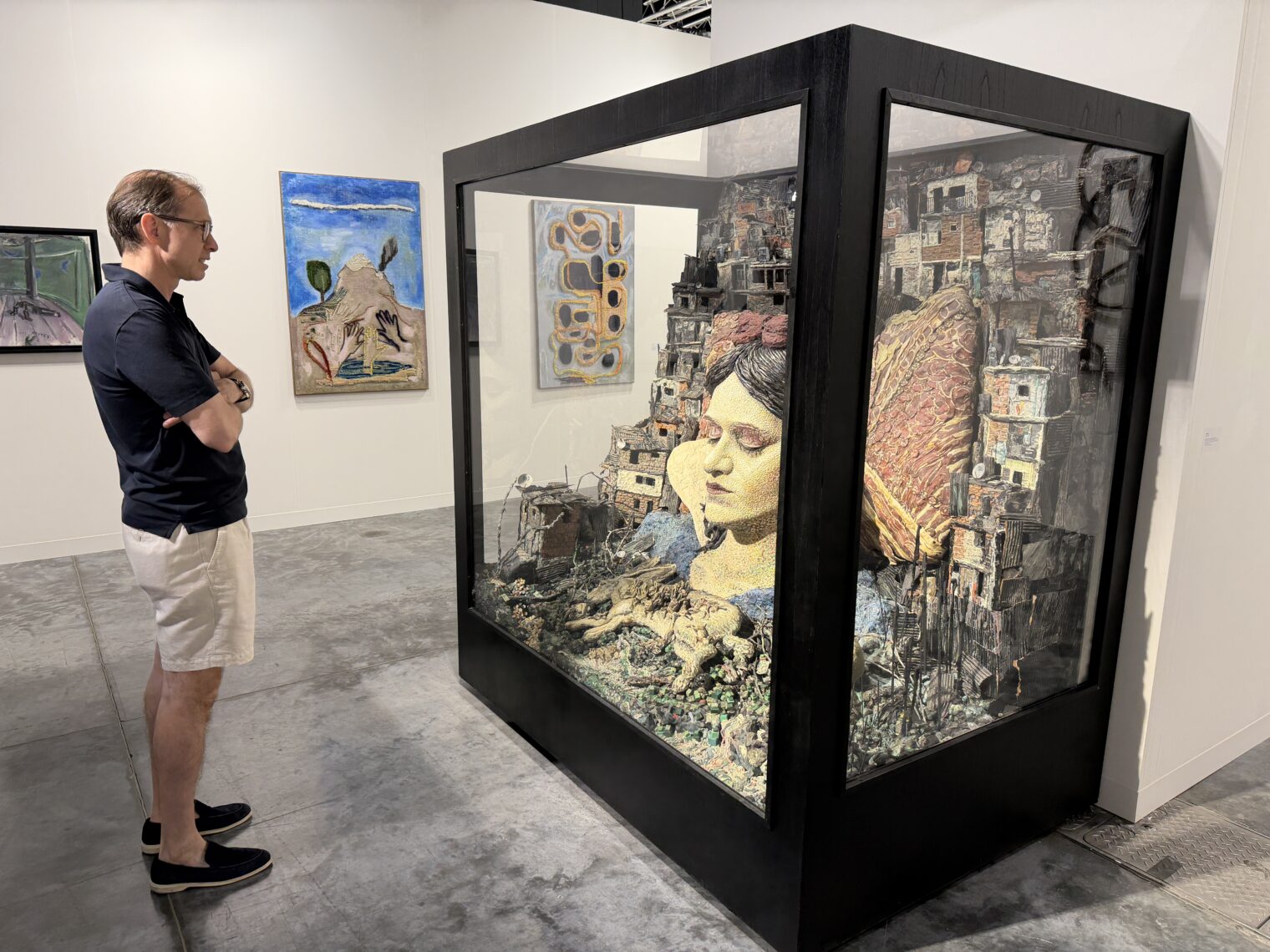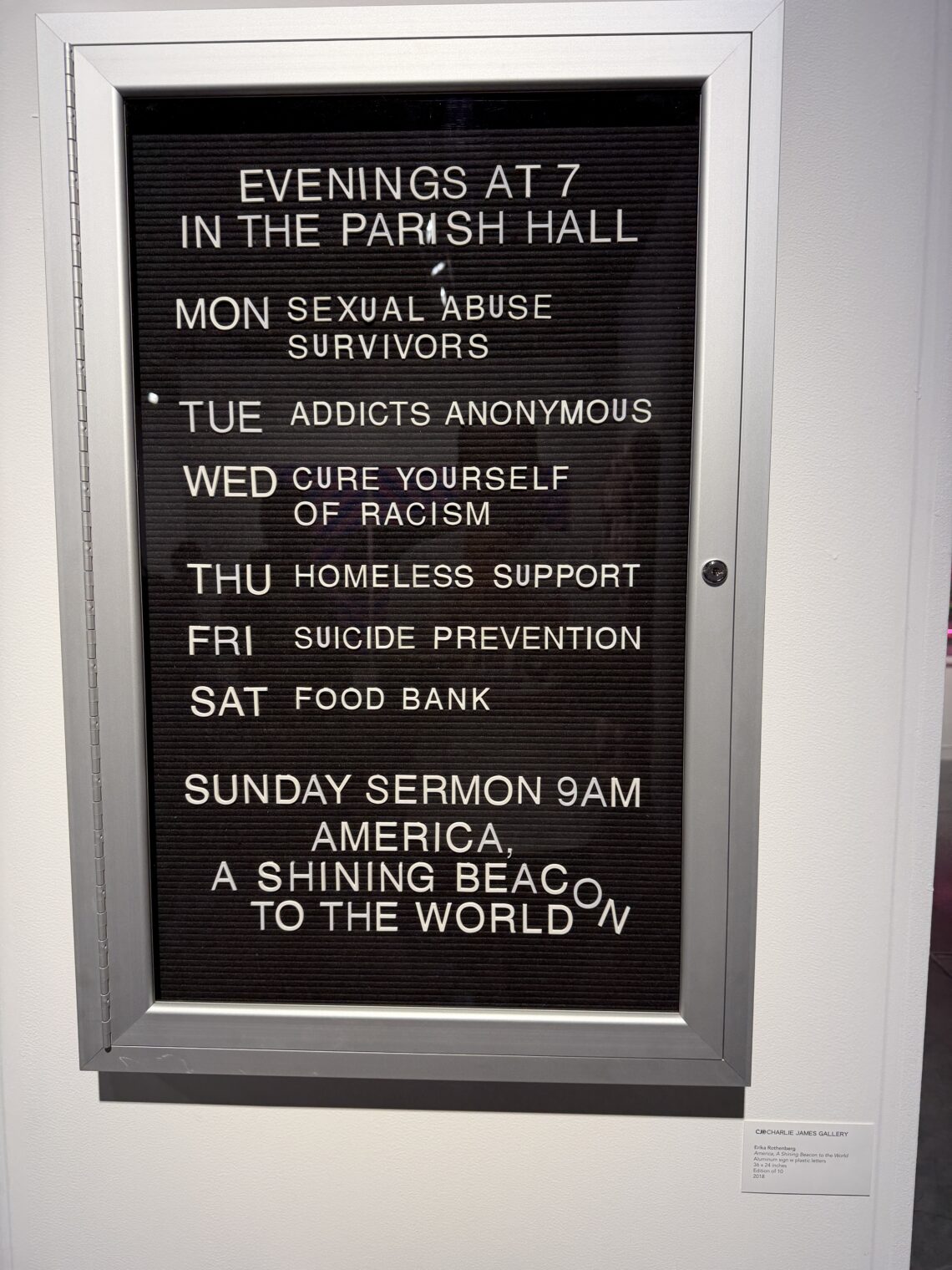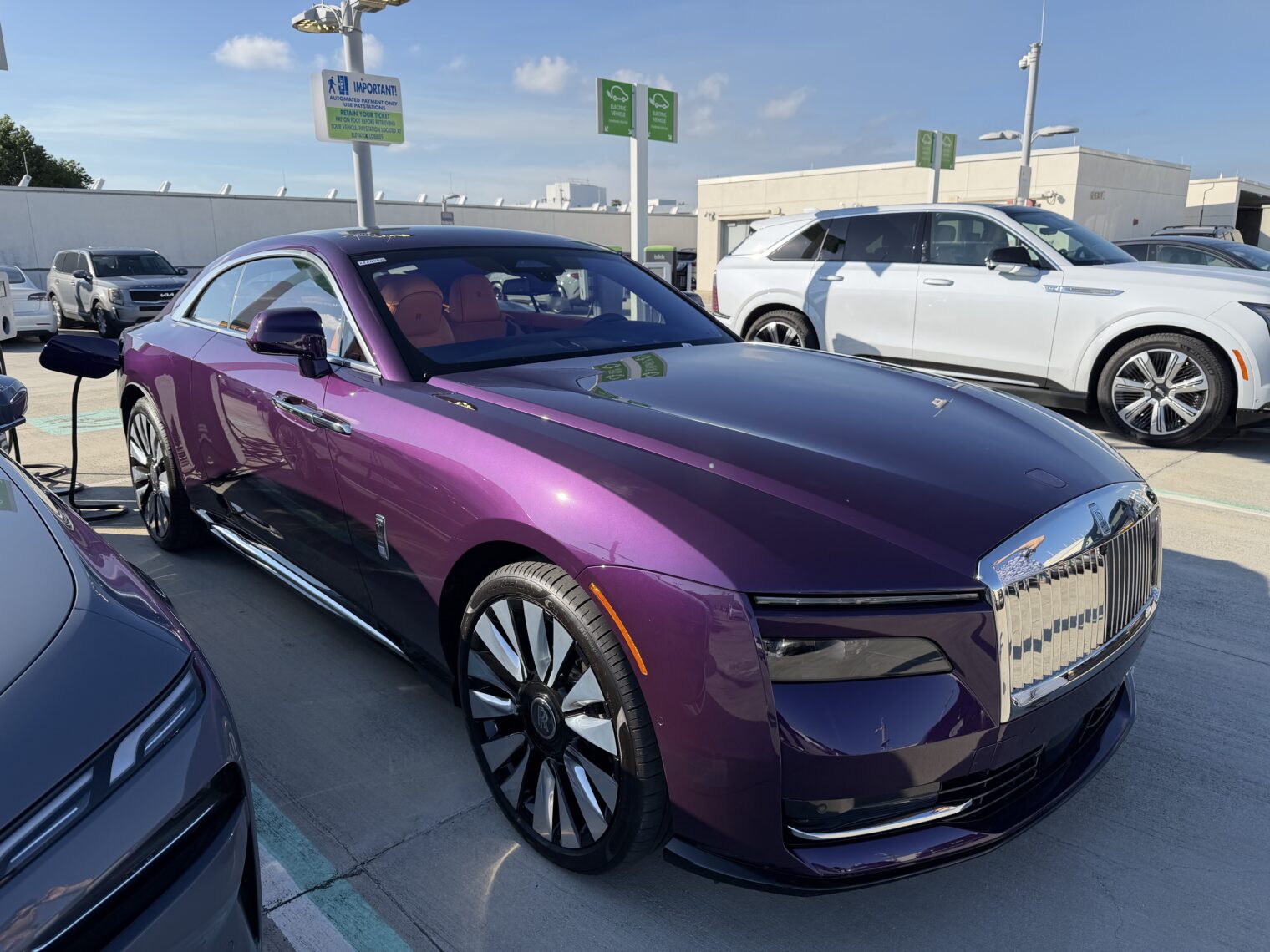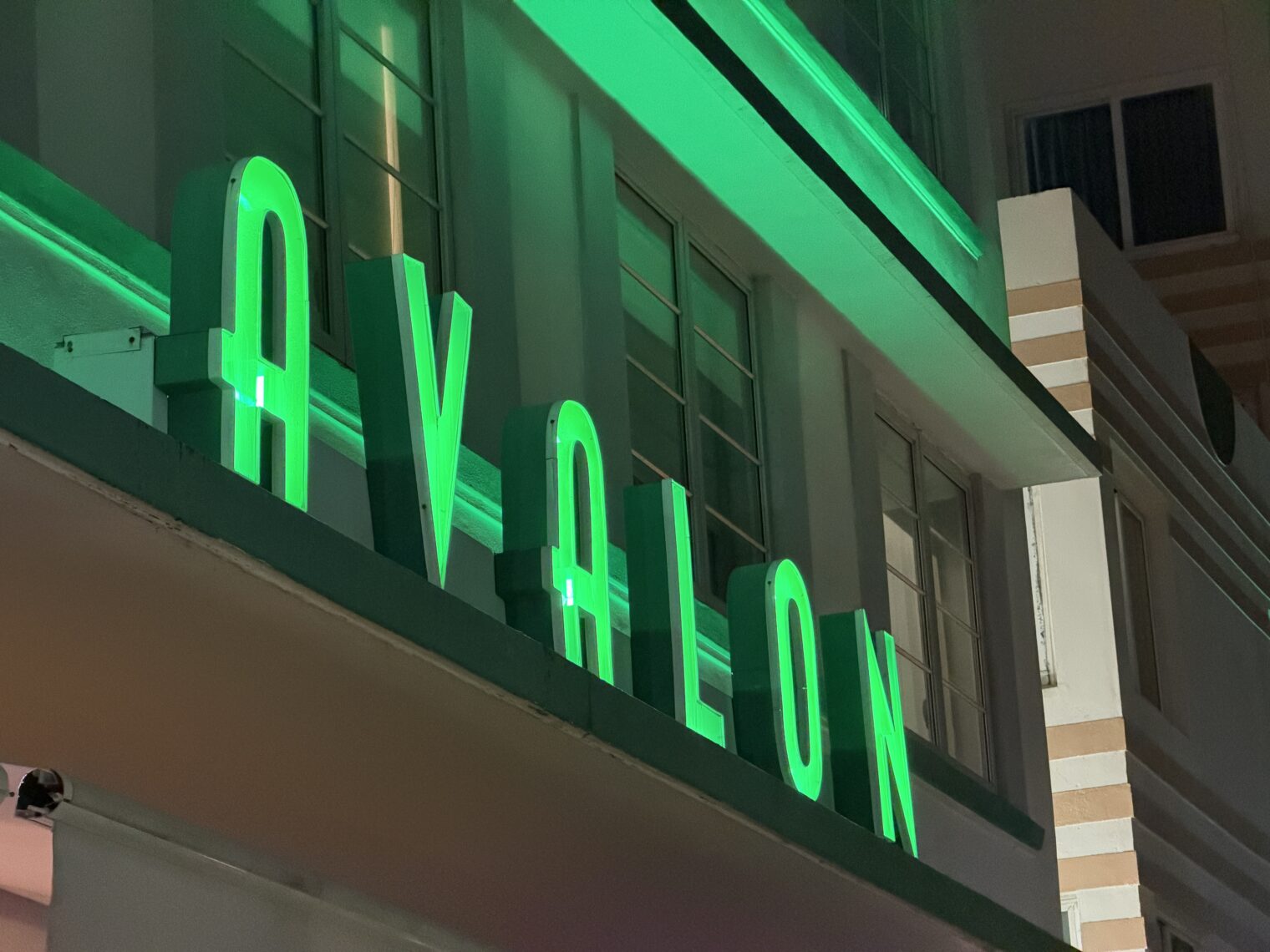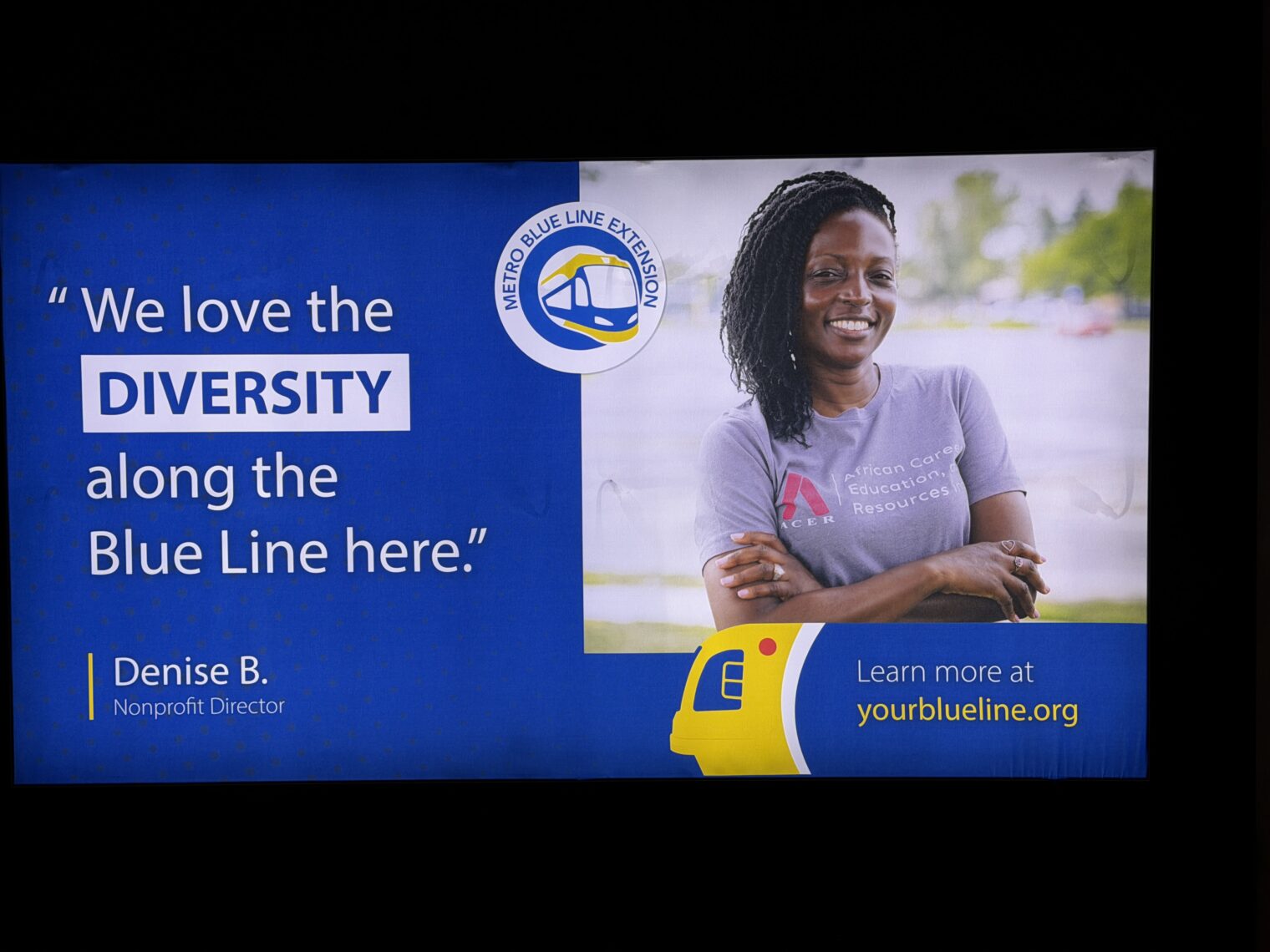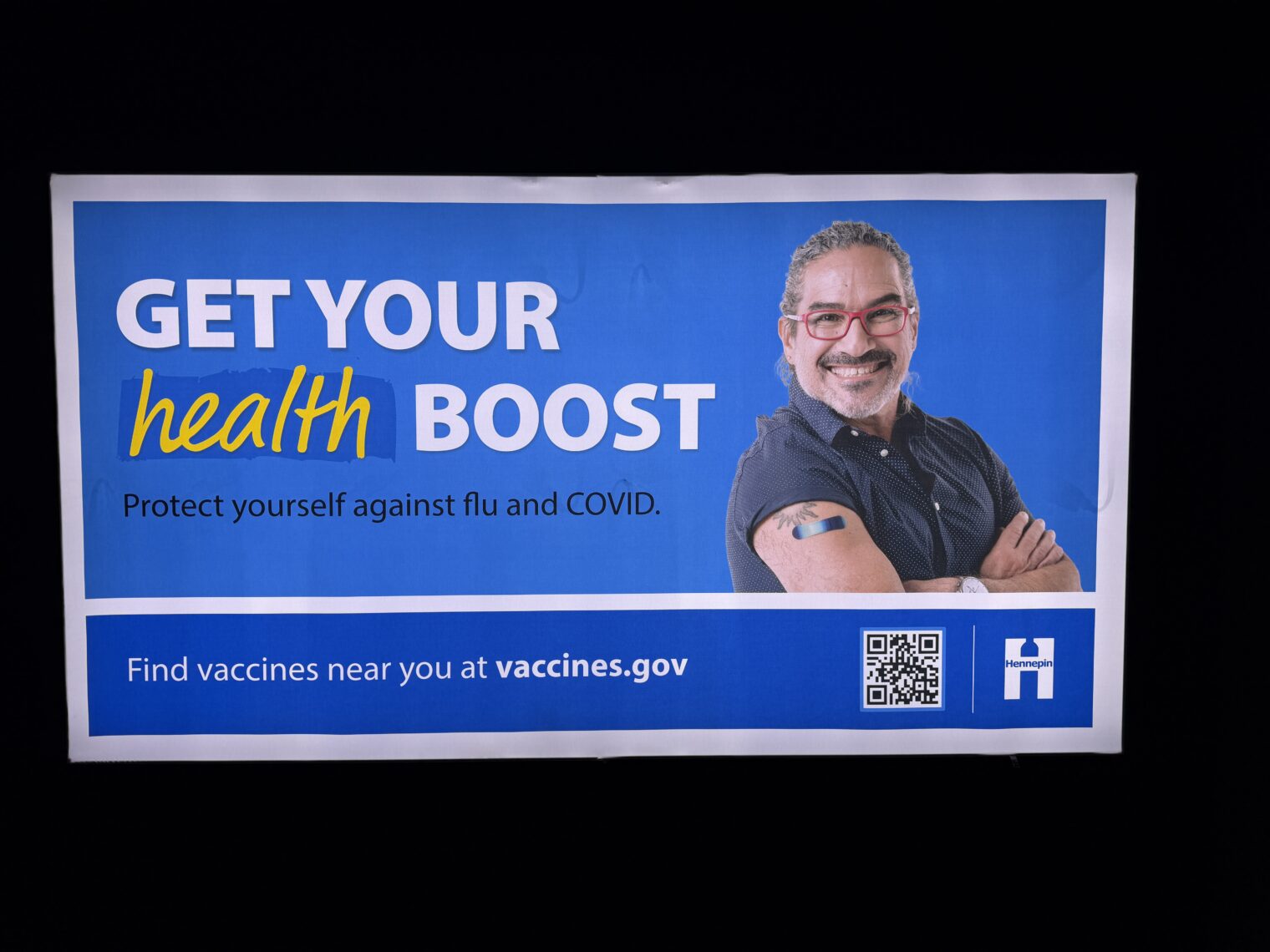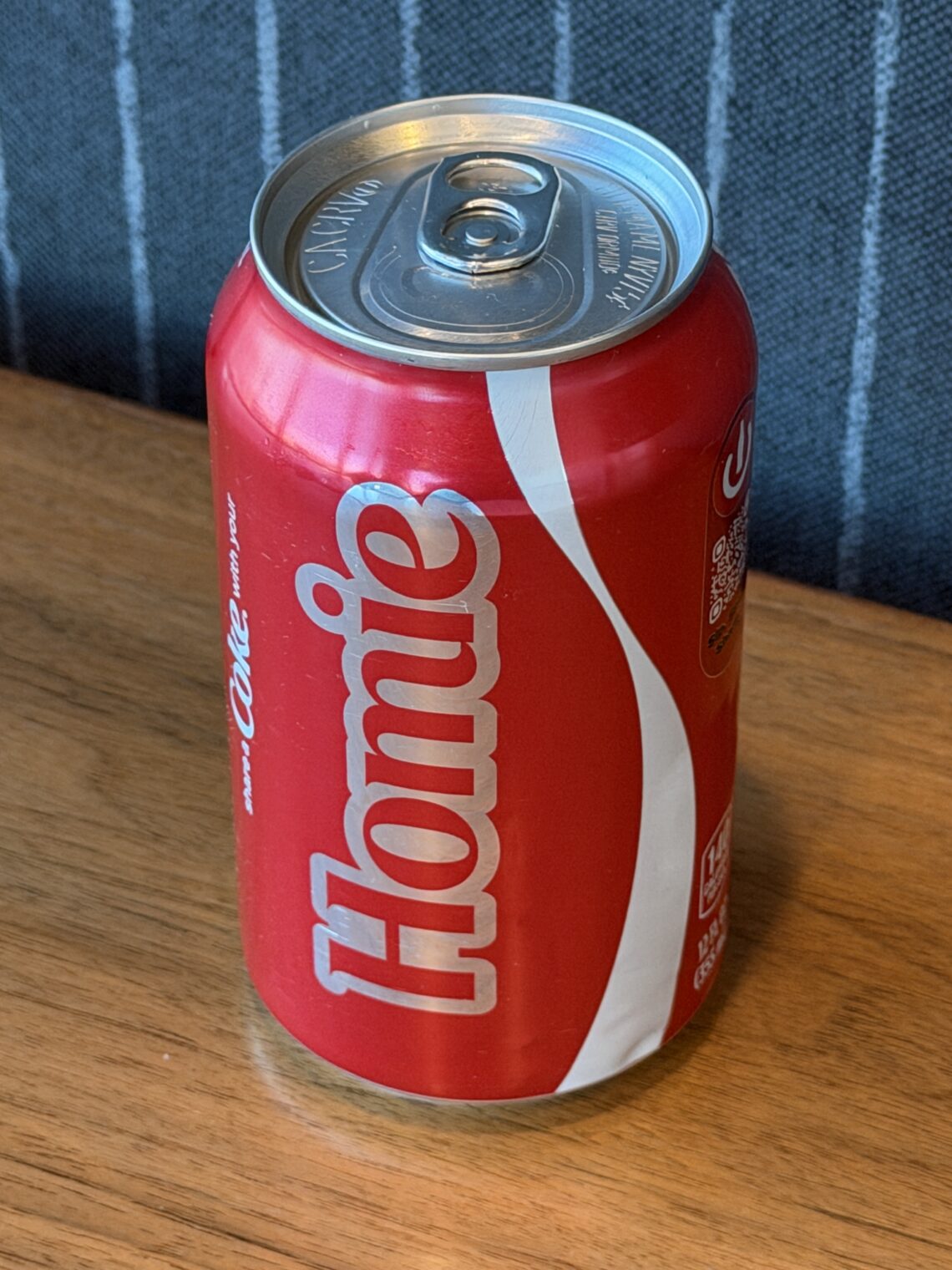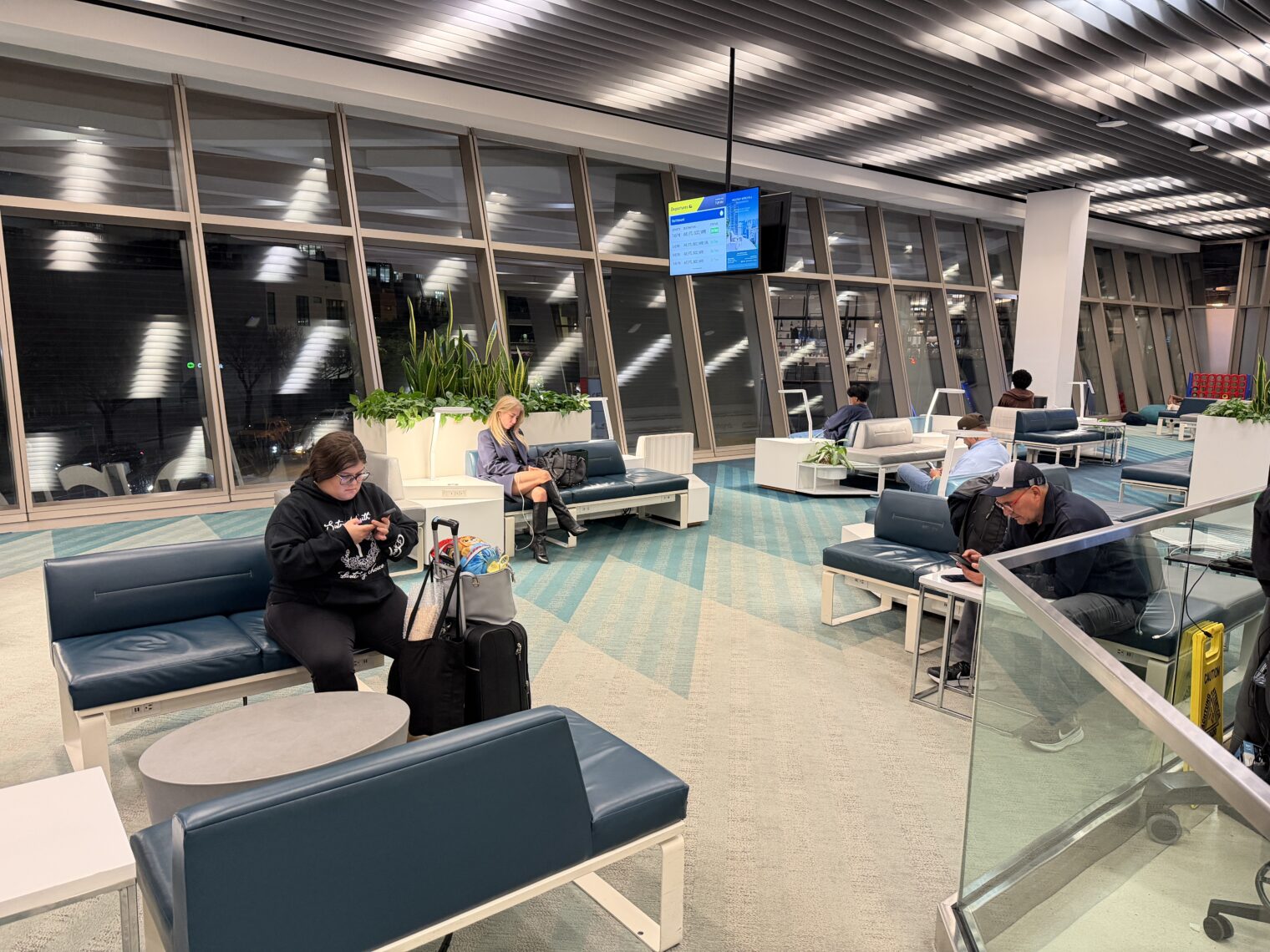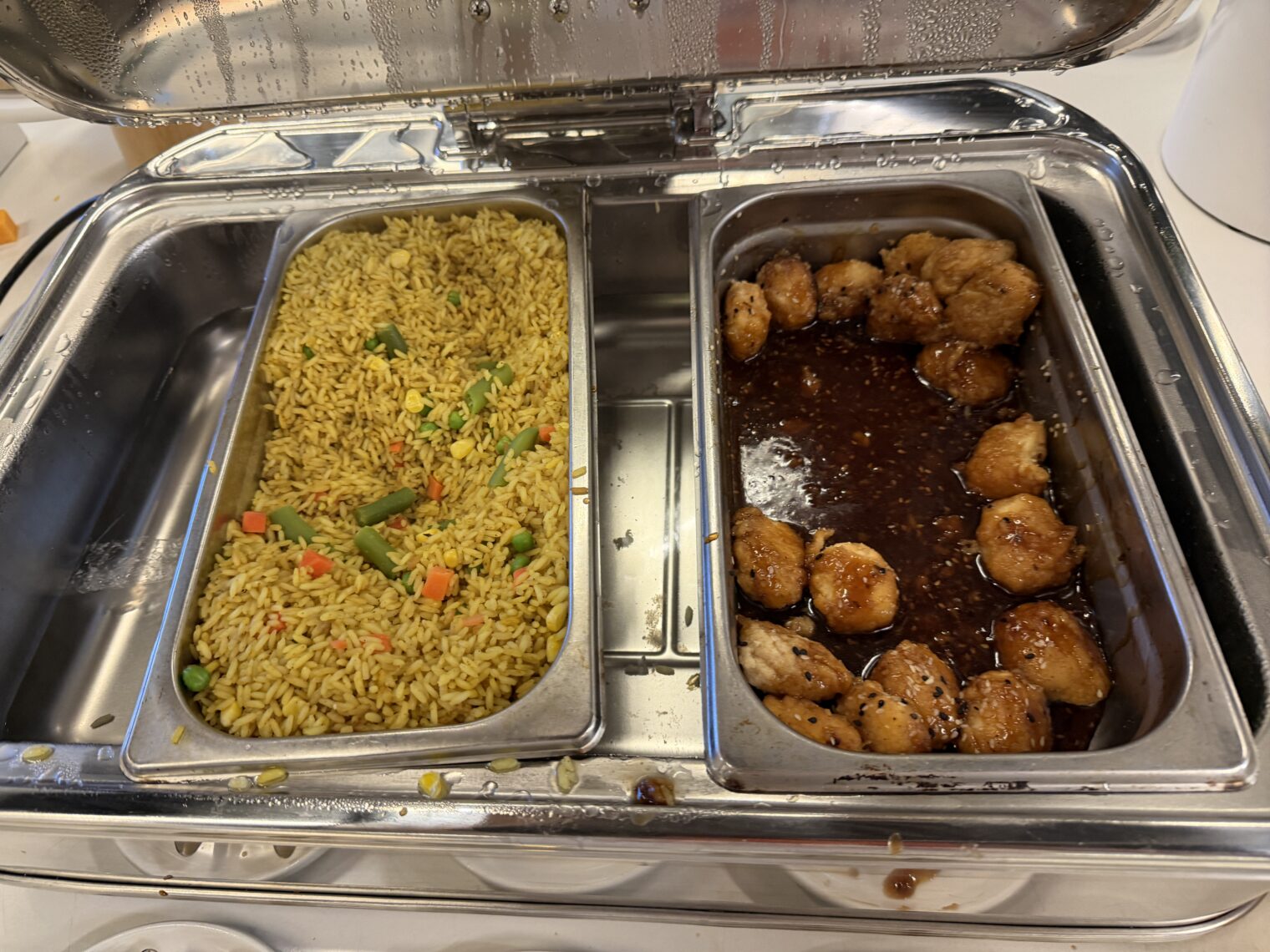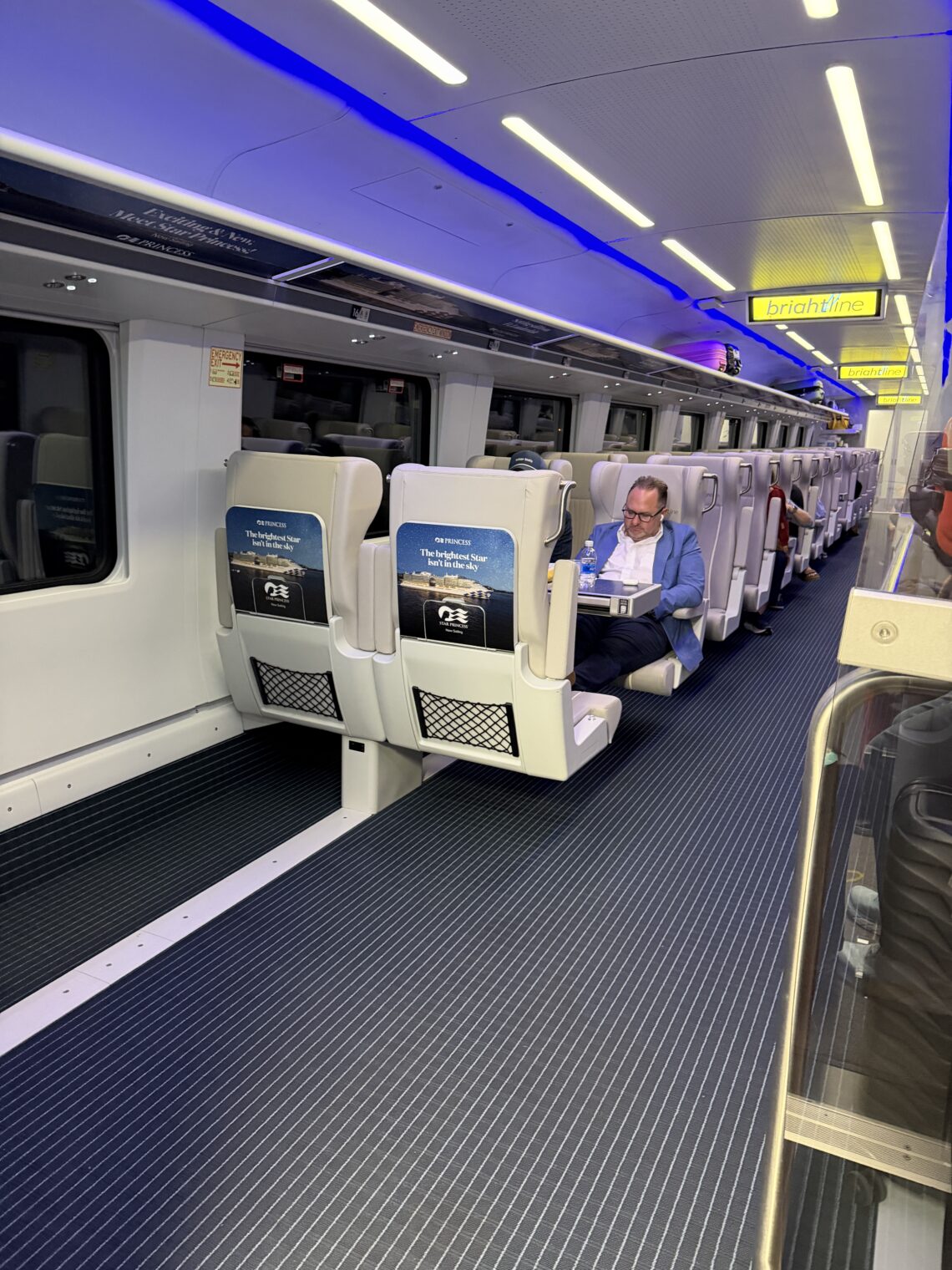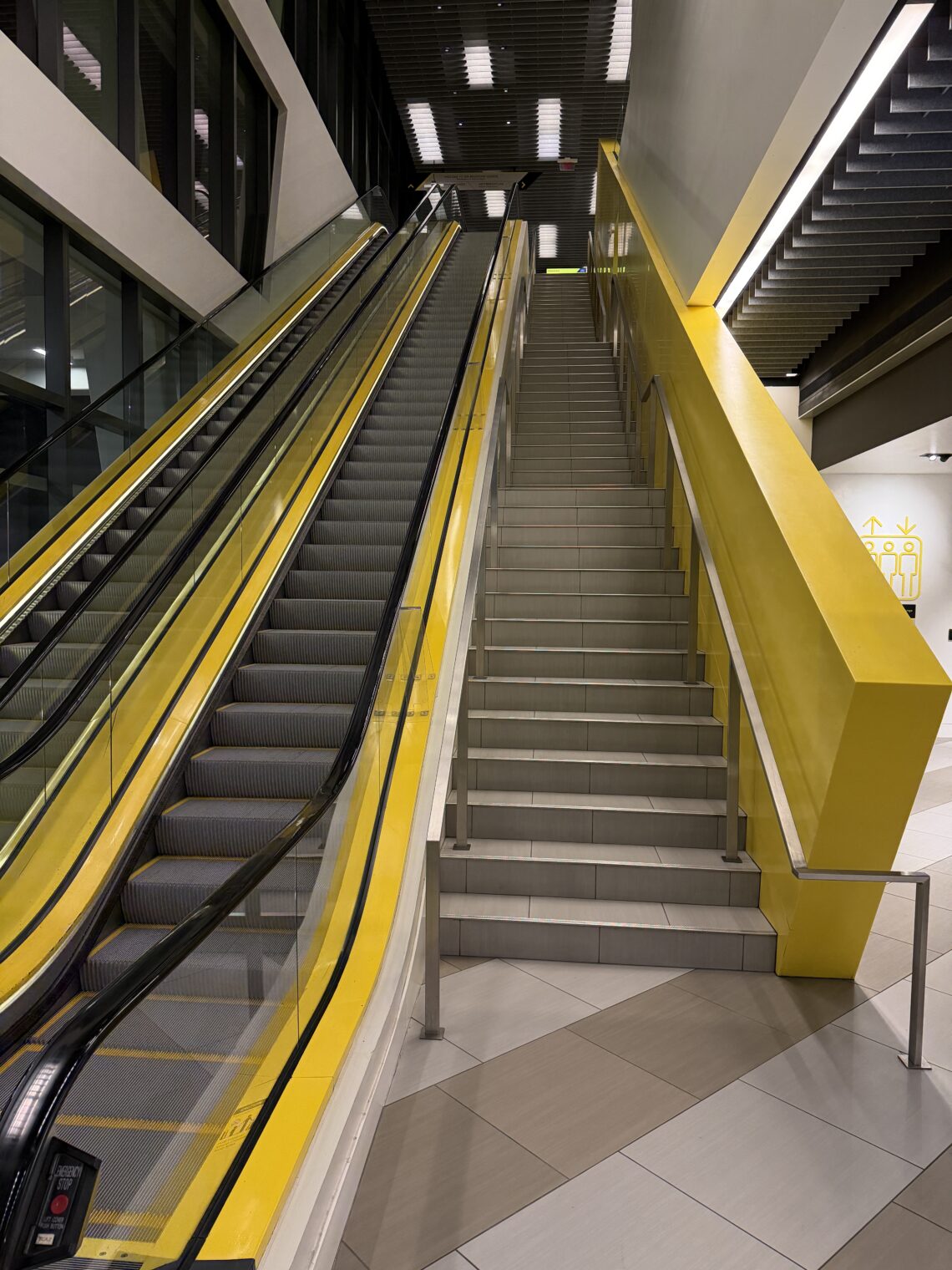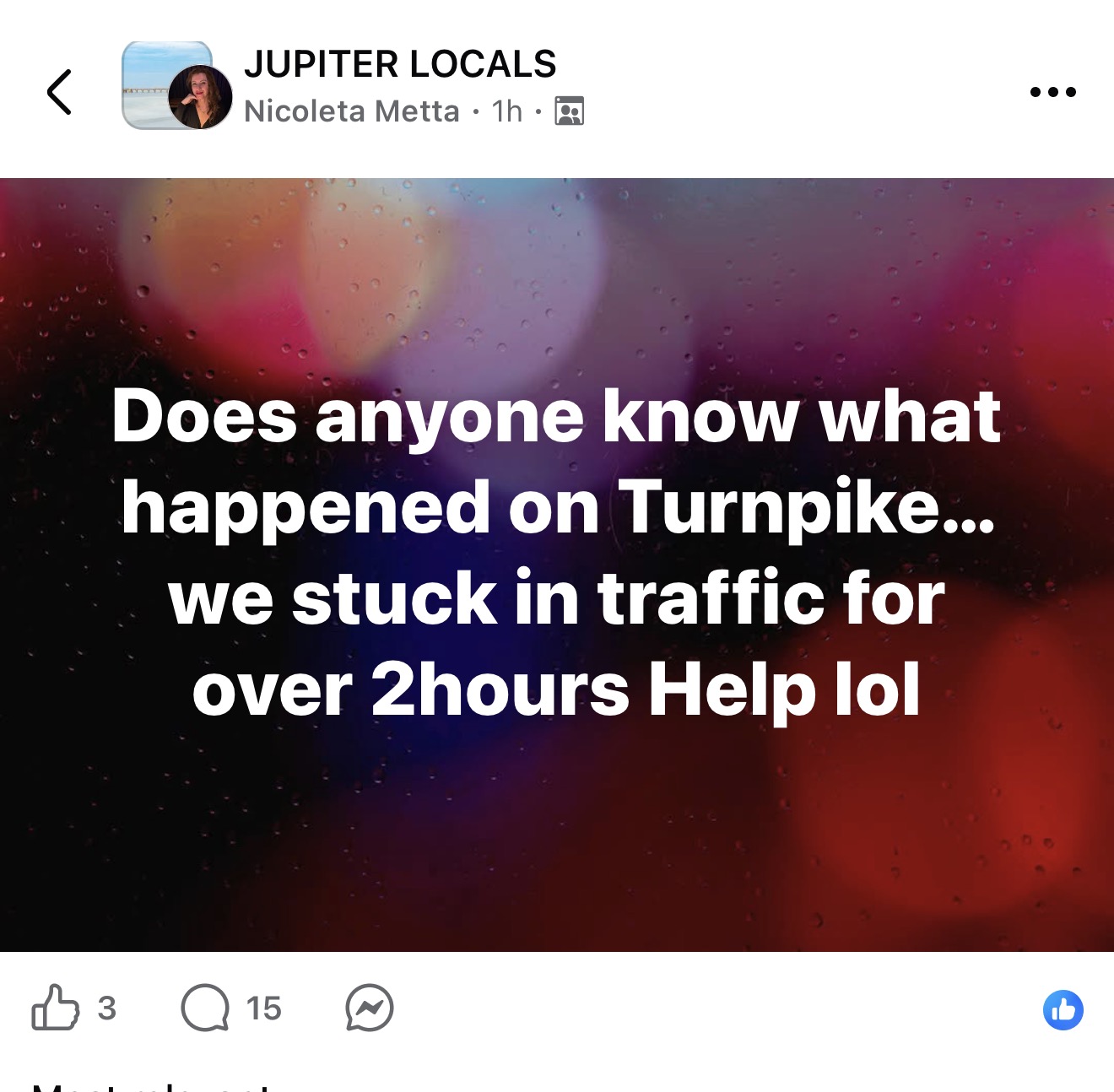Philip’s Book Club: False Dawn
Maybe some of you will join me in reading False Dawn: The Mirage of Recovery, an economist’s book about the Great Depression, which is when Americans came to accept the idea that every problem should be met by a larger federal government. FDR is almost a god for today’s Democrats (in a debate Ayatollah Mamdani identified FDR as the best modern-day U.S. President and then Florida Realtor of the Year 2020/2021 Andrew Cuomo said FDR would be his pick as well if FDR could be considered “modern”). If nothing else, False Dawn would make an awesome last-minute Christmas gift for anyone with insomnia (384-page work by an economist).
The Wall Street Journal selected this book as one of 2025’s ten best. Some excerpts from their review:
In 1932 Franklin Delano Roosevelt won the presidency with the promise to restore prosperity. But he and his advisers had no clear explanation for the collapse and his subsequent New Deal would amount to a series of experiments. FDR admitted to the nation that some of his proposals took the nation down “a new and untrod path.” If they failed to “produce the hoped-for results, I shall be the first to acknowledge it.”
George Selgin’s “False Dawn” asks if the New Deal’s varied experiments produced the promised recovery. In dispassionate, careful and finally devastating detail, “False Dawn” shows that, with a few exceptions, FDR’s experiments did not work. And he did not acknowledge it.
Based simply on raw numbers, the case for the New Deal is not strong. Although the economy did recover from its nadir when FDR took office in 1933, by 1939 the unemployment rate was still 17%. After six years of supposed recovery, the economy was in worse shape than in any other recession of that century or the following one.
Some might suppose that FDR used deficits rather than the Fed to juice the economy. But deficits as a percent of the economy were hardly different during Roosevelt’s time in office than they had been at the end of Herbert Hoover’s. While the New Deal spent more, it also imposed new taxes on food and payrolls. The result was a bigger federal government, but not one that relied on deficits as stimulus.
If not by increasing the amount of money or deficit spending, how did Roosevelt and his advisors hope to create recovery? The earliest solution they hit on—odd considering the rampant shortages—was to restrict production and thus raise prices. The National Industrial Recovery Act that passed in mid-1933 turned much of the American economy over to giant cartels. Industries colluded to raise prices and unions colluded to raise wages. The result was fewer goods on the market and an immediate economic collapse that would still be remembered today if it hadn’t been surrounded by so many others.
This could be an interesting update to The Forgotten Man, by Amity Shlaes, a Wall Street Journal reporter. I wrote a lot about that book shortly after its 2007 publication (what awesome timing by Schlaes and her publisher, given that the U.S. economy collapsed just a year later):
- Parallels between our current economic times and the Great Depression (July 2008)
- U.S. economy may not be tough enough to survive incompetent government (July 2008; given how rich the receptionists at NVIDIA have become, it seems as though either our economy was very tough indeed or our government has been competent, but Gemini says “When adjusted for inflation, using a constant dollar base (e.g., 1982-84 dollars), the median wage shows a much smaller increase. The real median weekly earnings were about $368 in Q4 2007 and grew to only $376 by Q3 2025. This highlights that much of the nominal wage growth has been offset by inflation.” (i.e., the economy is much bigger, but inflation and the larger population are responsible for most of the growth))
- The Forgotten Man, Ted Kennedy, and Warren Buffett















